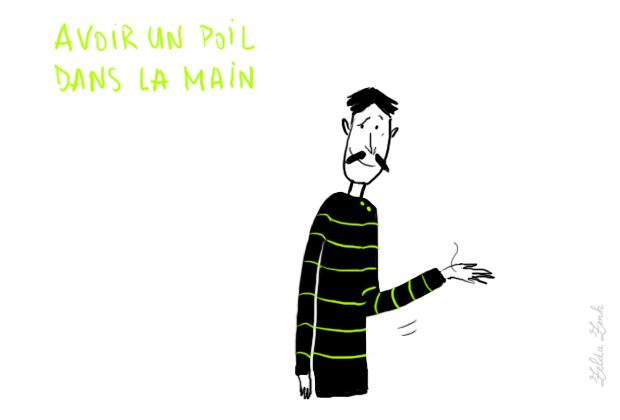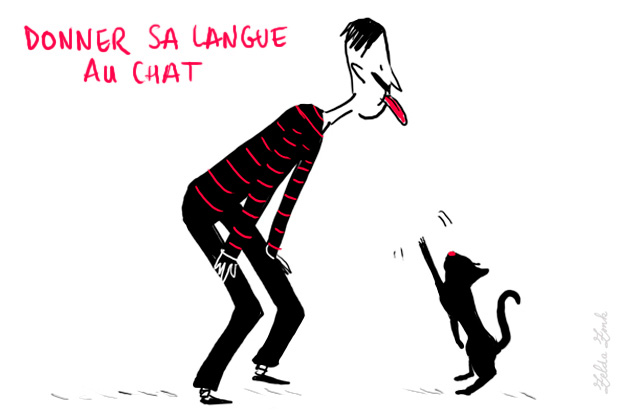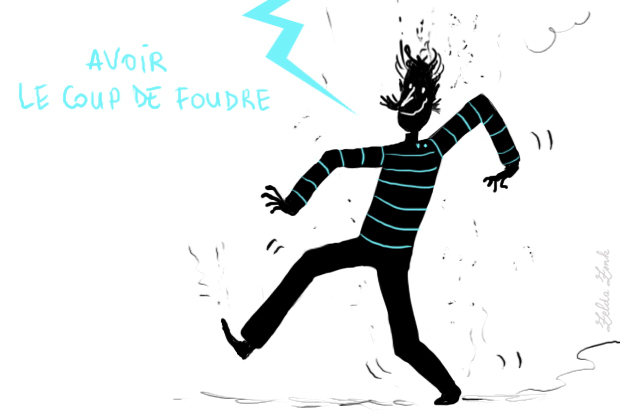Translating idioms and proverbs is one of the challenges translators and interpreters often face. Some idiomatic expressions have direct equivalents in other languages while others need to be paraphrased and explained.
Idioms are defined by the Oxford dictionary as “a group of words established by usage as having a meaning not deducible from those of the individual words”. In other words, as explained in this interesting article from the TED website “Idioms are those phrases that mean more than the sum of their words”. They are usually representative of the country’s culture and often create some pretty amusing mental images.
We have taken a close and literal look at 10 of our favourite French idioms. When we selected them, we realised that many of them are related to food or cooking, which probably reflects the importance of good food and eating in the French culture.
The idiom: Donner de la confiture aux cochons.
Literal translation: To give jam to the pigs.
What it means: This phrase refers to giving someone a refined and tasty dish, for example, or special drink, but this person doesn’t fully appreciate it. Like most products rich in sugar, jam was once a delicacy and, as such, wouldn’t have been wasted on farm animals – or anyone unable to fully appreciate it!
The idiom: Avoir un poil dans la main.
Literal translation: To have a hair on the hand.
What it means: This expression means to be very lazy or to avoid working. It implies that the palm of our hand is hairless because we use our hands to work (keeping hair at bay). Following this logic, someone who doesn’t do much work would use their hands so little that a hair could grow out of their palm.
The idiom: Sucrer les fraises.
Literal translation: To sprinkle sugar on the strawberries.
What it means: This is one of our favourite French expressions. It is used to describe someone usually elderly and who is a bit doddery. Their shaking hands would mimic the gesture made when sprinkling sugar on some strawberries.
The idiom: Donner sa langue au chat.
Literal translation: To give one’s tongue to the cat.
What it means: It is used when someone is asked a question, or to guess something. If they “give their tongue to the cat”, it means that they don’t know the answer and they give up. Note that French cats wait to be given the tongue; they don’t just go and get it!
The idiom: Mettre son grain de sel / Ramener sa fraise.
Literal translation: To put in one’s grain of salt / To bring back one’s strawberry.
What it means: These idioms are used to complain about people who give their opinion although no-one’s asked them, or those who join a conversation without being invited to do so. In England, someone would “put in their two pence” or “stick their nose” into the conversation.
The idiom: Tomber dans les pommes.
Literal translation: This phrase translates literally as “to fall in the apples”.
What it means: The origin of this expression is quite obscure. It simply means to faint or pass out.
The idiom: Être aux petits oignons.
Literal translation: This translates literally as “to be cooked with little onions”.
What it means: The culinary origin of this expression is pretty clear. When you cook a special dish, putting a lot of care and attention into it, one of the ingredients you might use is spring onions, our little onions here. This idiom means “to be treated with a lot of care and attention”.
The idiom: Avoir le coup de foudre.
Literal translation: To have a lightning strike
What it means: It means falling in love at first sight or falling madly in love with someone.
The idiom : Être une bonne poire.
Literal translation: To be a good pear.
What it means: Someone who “is a good pear” is too kind, always happy to help or simply naïve (somewhere between “a mug” and “a good egg”).
The idiom: Pédaler dans la choucroute / Pédaler dans la semoule.
Literal translation: To pedal in the sauerkraut / To pedal in the semolina.
What it means: You can imagine that cycling in a giant plate of sauerkraut or semolina is unlikely to get you far, even if you pedal very hard. This expression means putting a lot of efforts into something but to achieve nothing. English equivalents could be “to spin your wheels”, “to go around in circles” or “to get nowhere fast”.
Idioms create such lovely mental images and are always a source of amusement to the language learner. Get in touch on Twitter, Facebook or LinkedIn and let us know which ones are your favourite, or if you know any other funny French or foreign expressions.






